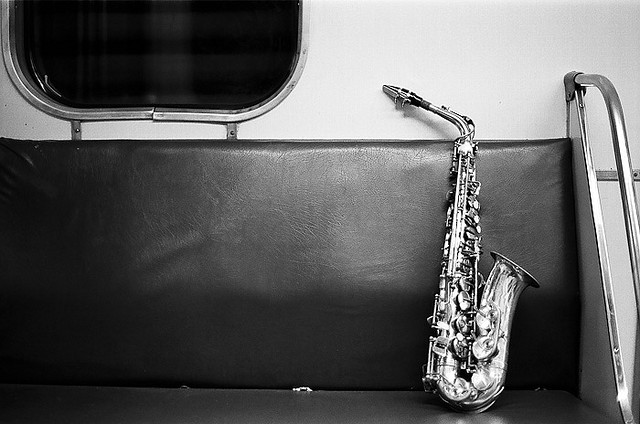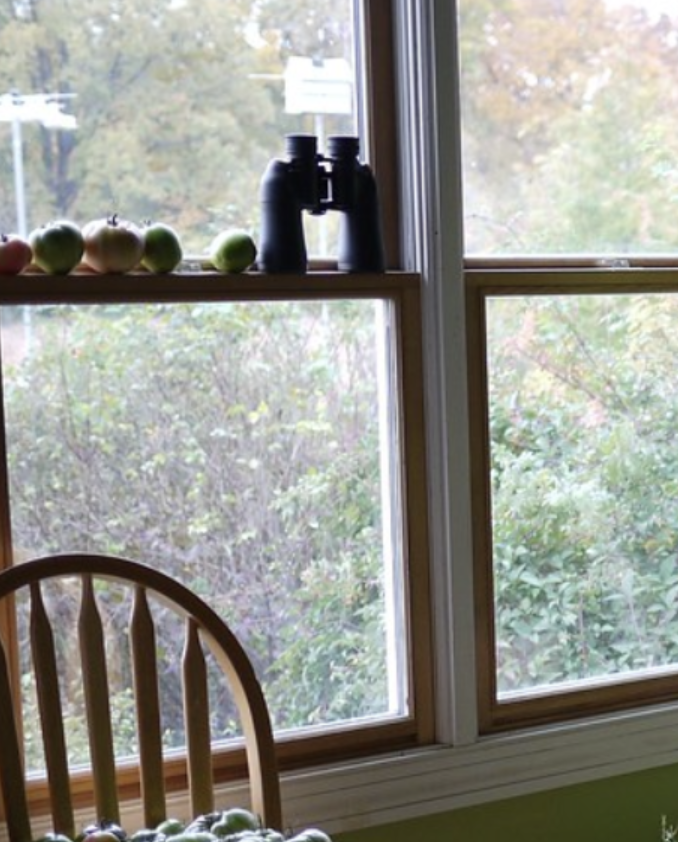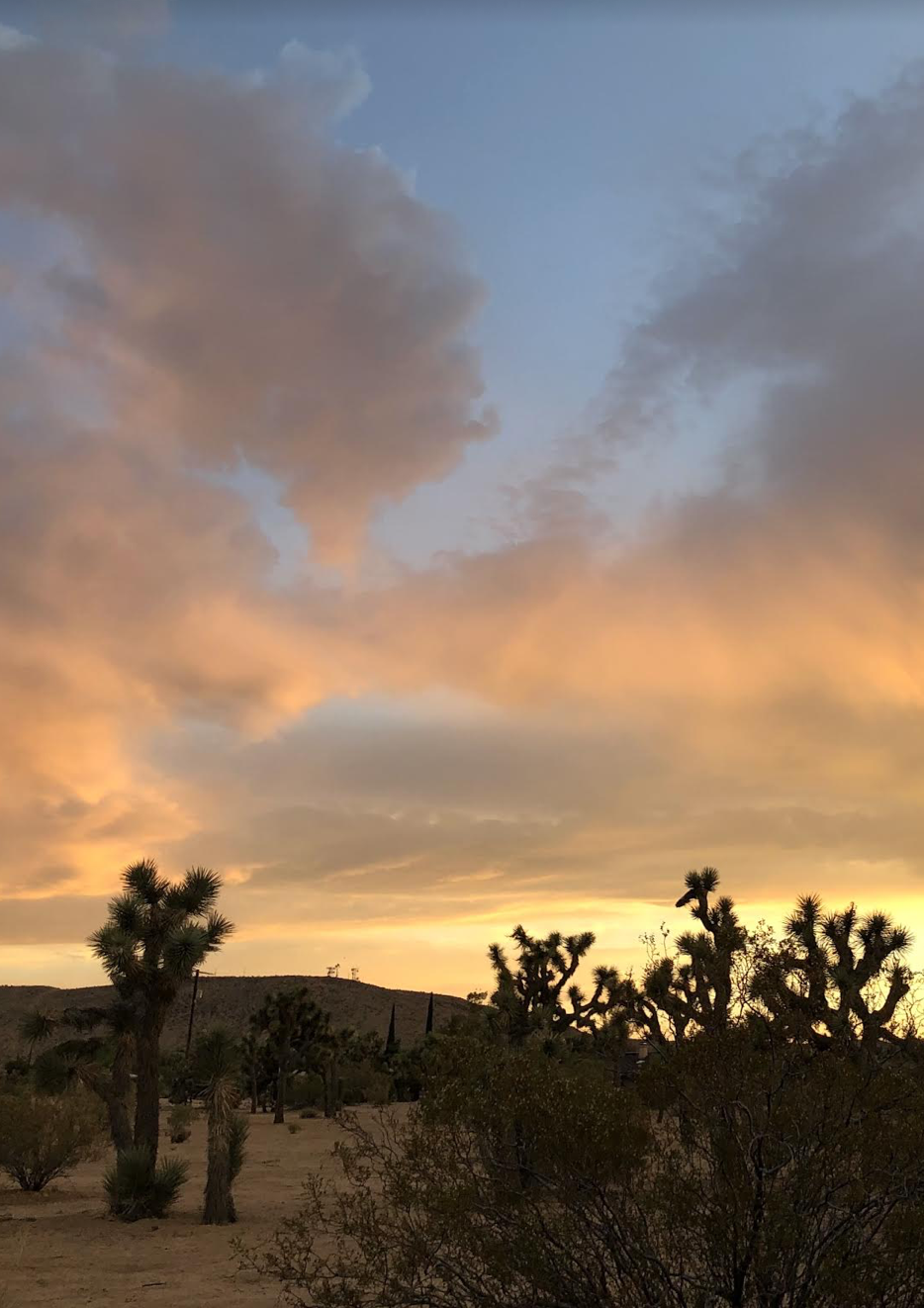
In the Paris Métro last summer, heading to the Chatelet station on my way home after a wayward day, I caught the sound of a saxophone and that familiar melody from decades past, Sidney Bechet’s Petite Fleur. I could tell the music was coming from a source close by, perhaps only a few rows behind me. I froze, not knowing what to do as though I were in the grip of something large and timeless.
For a moment, it seemed that the sound of the subway car had ceased into an eerie quiet. I was not sure where I was; a lump formed in my throat; my hands began to sweat. I turned my head slightly and noticed that the performer was dark-skinned and tall, with long fingers, watery eyes. He played slowly, impeccably, as though he were on some famous stage or club, paying attention to every detail and melisma, the whole performance gathering force and frenzy as it reached its final notes. When he finished, he passed his hat around, stepped out, and dissolved into the crowds.
I had first listened to Petite Fleur in the late 1950s in Amman, the capital of Jordan, on a Grundig record player; I was 14. It was a 45-rpm vinyl disc, the cover a grey rose on a pink-beige background. My uncle, Garo, walked into the living room one day, put the record on the turntable, and said, “Listen to this beautiful music!!!” Garo was at the time a dashing young university student in Beirut, the Lebanese capital. On holidays, he would come to Amman, bringing with him the newest records on the market.
The sound of the saxophone glided and swayed, took a turn to something more furious, and built up to its final lament, ending as effortlessly as it had begun, giving way to a kind of chaotic unraveling. It was the most tender, the sexiest thing I had ever heard—the sensation, the heft, the skip of a heartbeat, all in those languorous few moments. Of course, I did not have the vocabulary nor musical knowledge to express what I felt, but I felt it in all its mystery and allure and strangeness, so different this was from the songs of Elvis Presley and Cliff Richard which were all the pubescent rage then.
When it ended, I listened to it again, many times, learned every little nuance by heart, with devotion as though I were rehearsing a rite of some sort. After those adolescent years, I must have heard Petite Fleur again over the decades, but I have no strong recollection, so powerful was that initial experience—until last summer, in Paris, which, come to think of it, was its native home.
The street musician had left, but the music stayed, its afterglow now a hum in my throat. In the sweat and stench of the hot Paris afternoon, Petite Fleur had opened to the decades—all of it so distant yet so immediate now—its cry from the heart burning my then-untested soul into adulthood, turning my adolescent ears to jazz and blues for the first time. And now, some 50 years later, so delicate yet enduring seemed its weave at the hands of a street musician in the subway, so heartbreaking its lament—all the way back to that day when my uncle Garo, who was given back to the earth too young, walked through the front door with that larger-than-life stride and laugh, a small stack of records under his arm, and said, “Listen to this one! Is there anything in this world more perfect than Petite Fleur?”
He took the disc out of its jacket, put it on the turntable, sat back, lit a cigarette. I listened to the troubles of the world as though they were all mine, all to come—which I knew later, in the fullness of time, as I had on that wretchedly hot Paris afternoon, an immigrant musician asking, “Listen. Is there anything in this world more perfect, more sorrowful than this little tune?”
Taline Voskeritchian’s work has appeared in American Literary Review, Ahégan (Beirut), London Review of Books, The Nation, Agni Review, Book Forum, and elsewhere.
Photo by Flickr Creative Commons user Gennady Kim.




